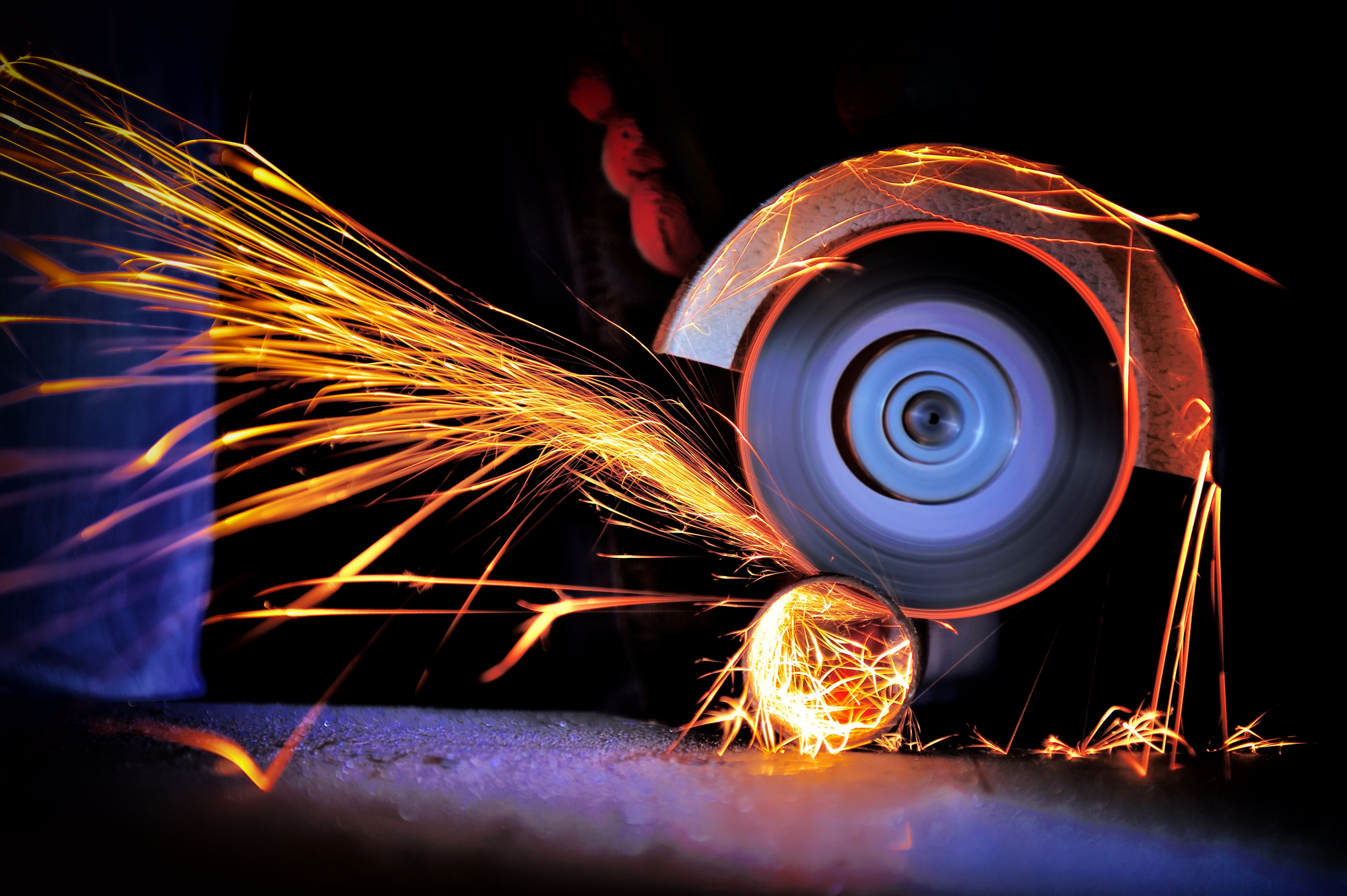Your business need to help make clients and companies happy, so having the proper equipment will set you up for success. Choosing machines, industrial saws, and quality tools will help you to manufacture your projects in a more efficient way. Choosing the best industrial saw comes down to a few key factors, the cost, what type of material you are cutting, and what blade will work best for your team. Below are some tips and insights to help you make an informed buying decision.
Circular Saws Vs. Band Saws
If you are buying an industrial saw the first thing to know is the difference between a circular saw and a band saw. These two different saws may help you complete different projects and as the buyer, you should know which one fits your needs best.
Circular saws use circular tools for cutting instead of a band. This limits them in the types of cuts they can make, but they work well for cutting straight-through material. Some circular saws are hand-held and used for home projects or on construction sites. If your industry focuses on straight cuts on wood or other material, a large circular saw would be best. Circular saws are typically more expensive than other types of saws.
Band saws give you more freedom and flexibility. The bandsaw is widely used for metalwork and woodworking because of its smooth cutting motion. Because the band runs between two wheels it can make continuous jigsaw-like cuts that are uniform. It is stationary more often than not, but if your business needs a portable option, there are models to choose from.
Know What Blade Type You Need
Different industrial saw models will handle different blade widths or sizes. Knowing the thickness of a blade and what benefits it can provide for your specific projects is important. Using the wrong diameter of the blade can affect the RPM or speed of both the saw and the attached blade.
Thinner blades help to prevent chipping or splintering in your material. The teeth on a blade also will help you determine what material can be cut with that specific blade. Tooth shape and configuration will determine how the cut is made on a variety of materials. Popular teeth configurations include:
- Alternate Top Bevel
- Alternate Top Bevel with Raker
- Triple Chip Grind
- High Alternate Top Bevel
- Polycrystalline Diamond
Research Different Manufacturers
If you are purchasing an industrial saw from a retailer or manufacturer, you will need to look at all the specs listed above and determine if the company has reasonable prices. When looking for a saw from a manufacturer, consider the blade’s durability. Purchasing a saw and having to replace the blade soon after is not ideal, so choose a blade with hardness and toughness for all your jobs. Look for materials like stainless steel, high-carbon, and ceramic.
If a company has quality assurance, you can have better peace of mind when purchasing a product. Many manufacturers will ensure that their product is high quality and meets your standards as a builder or company. If the blade or saw has issues, they may offer warranties or replacements if the saw doesn’t perform how you envisioned.
Different Industrial Saws For Different Materials
Since we have discussed circular saws and band saws, there are other industrial saws that are less common, but still worth the investment if they work best for your business.
A Miter saw allows you to make angular cuts between 90 and 45 degrees. Some can tilt to provide bevel cuts and have a laser sight to help you stay accurate. They also come in manual or portable-electric models.
A Jigsaw is portable and is used for cutting panels. They are less accurate than other saws and the cutting capacity is determined by the height of the blade. The movement of the blade is pendular which means that it moves slightly while it rises. This process helps you avoid chips in fragile material.
Panel saws are basically circular saws connected to a rail system on a cutting table. The table can be vertical or horizontal depending on what panel or size of material you need to cut.
A Sabre saw is a self-propelled saw that is used for rough cutting. They are commonly used for demolition or tree-cutting industries. The flexible blade and smaller size allow the user to make specific-shaped cuts and get into small spaces.
If you have a need for constantly cutting complex cuts, a scroll saw can help make your job easier. The scroll saw is a manual saw which has a thin blade in a U-shape. It is limited by the distance between the blade and the frame.
Buying Used Equipment
Sanson Machinery helps resale used equipment that still has a lot of life left in them. Used machinery that is not well maintained can be dangerous, but when you purchase from us, we ensure that the quality of the machines, saws, and blades is up to par.
Buying used equipment can also help you save money and determine what brands and blades are right for you. Testing out a circular saw for a few years can help you see if your team is more efficient with this type, and replace it in a shorter amount of time. Used equipment can be great for starter companies or used during a slower season.
Choosing Industrial Saws From Sanson Machinery
Our team wants to help improve your business and keep customers happy. Our team has over 60 years of sales experience and helps you to find the most cost-effective solutions. We offer state-of-the-art technology and quality machines to help businesses in WA or BC Canada.
We offer new saws, fiber lasers, gauge systems, stamping presses, water jet cutting, and more. We will work hard to exceed your expectations. Contact us at Sanson Machinery to learn more or sign up for our mailing list to get insider info.
